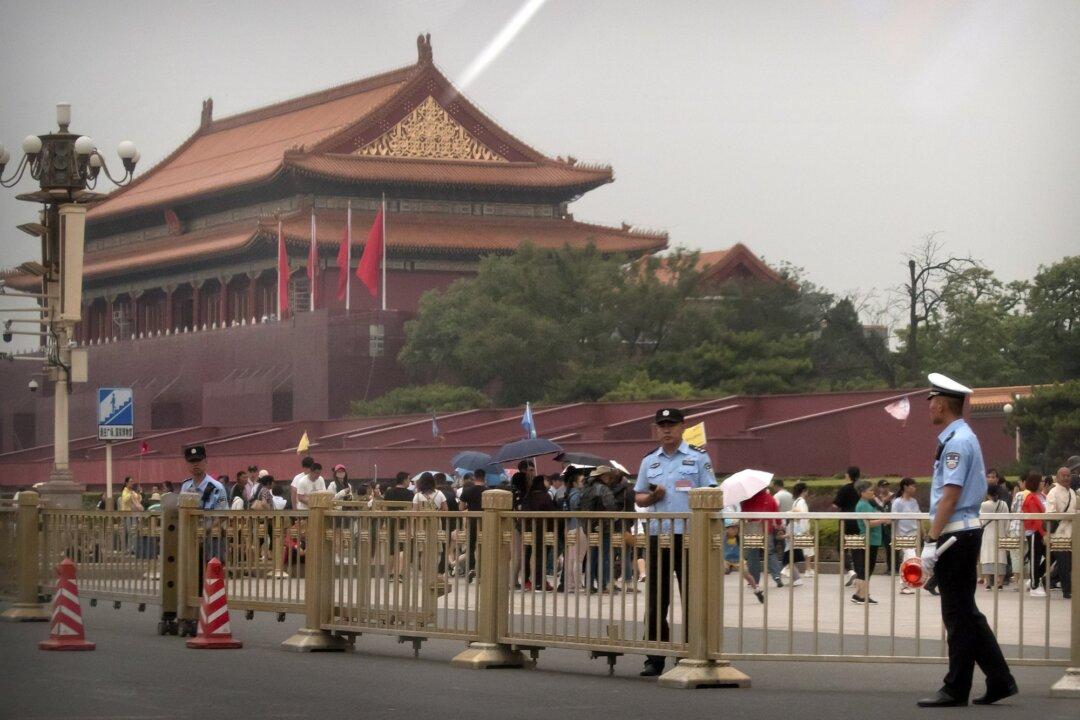Chinese authorities have taken extra security measures following the 30th anniversary of the June 4 Tiananmen Square massacre, when the regime violently suppressed pro-democracy protests in 1989.
In some of Beijing’s most popular expatriate neighborhoods, an official notice has been posted on bulletin boards, announcing that four categories of residents must visit their neighborhood committee to provide more detailed personal information.





